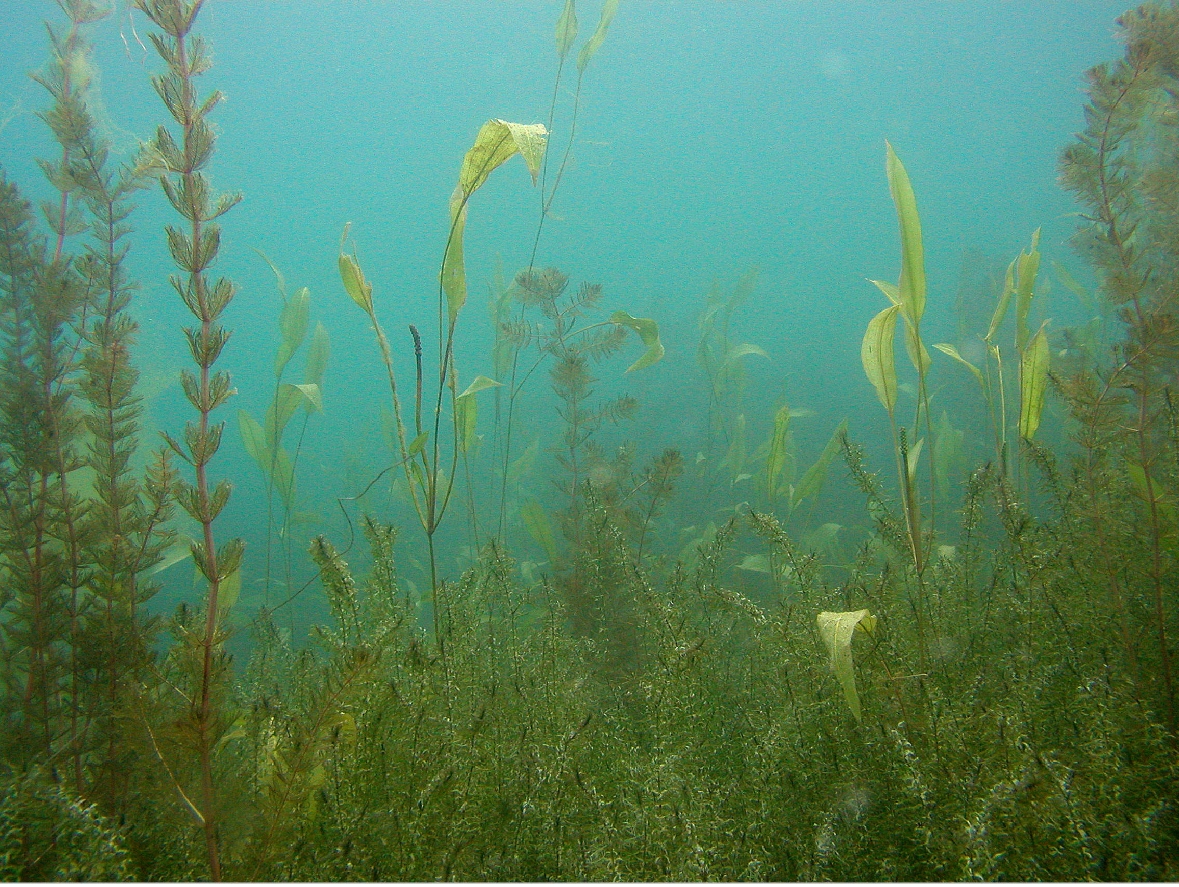The ASL supports any approach aimed at sustainably reducing the contamination of water and soil by synthetic pesticides. It believes that we need to work with the professionals concerned - producers, distributors and users - to find ways of minimising all the pollution that could adversely affect water quality, such as synthetic pesticides, but also other micro-pollutants and micro-plastics.
The ASL therefore supports the initiative "For a Switzerland free of synthetic pesticides". which he feels is a step in the right direction, since it calls for a ban on synthetic pesticides in
- agricultural production
- processing of agricultural products
- land maintenance
- the production or import of foodstuffs
In addition, the 10-year period envisaged for the new legislation to come into force seems reasonable.
However, there are a number of reasons for this, the ASL It is committed to the concept of sustainable development, the aim of which is to achieve the necessary balance between environmental, social and economic issues. has reservations about the "Clean Drinking Water" initiative, because :
1) it focuses essentially on agricultural production, without any effort being made to maintain the soil and the land
2) This initiative puts Swiss agricultural production at odds with imported products, which could continue to be sold in Switzerland without the same constraints.
3) the obligation to produce one's own fodder also seems difficult to apply and would put farms - even "organic" ones - in a bind, which could undermine all the efforts already made by this sector. Moreover, it is hard to see how exchanges of fodder between local farms or on a Swiss scale, or even with neighbouring countries, would necessarily be detrimental to the requirements of this initiative, which, in the ASL's view, should be amended in the light of these three points.


